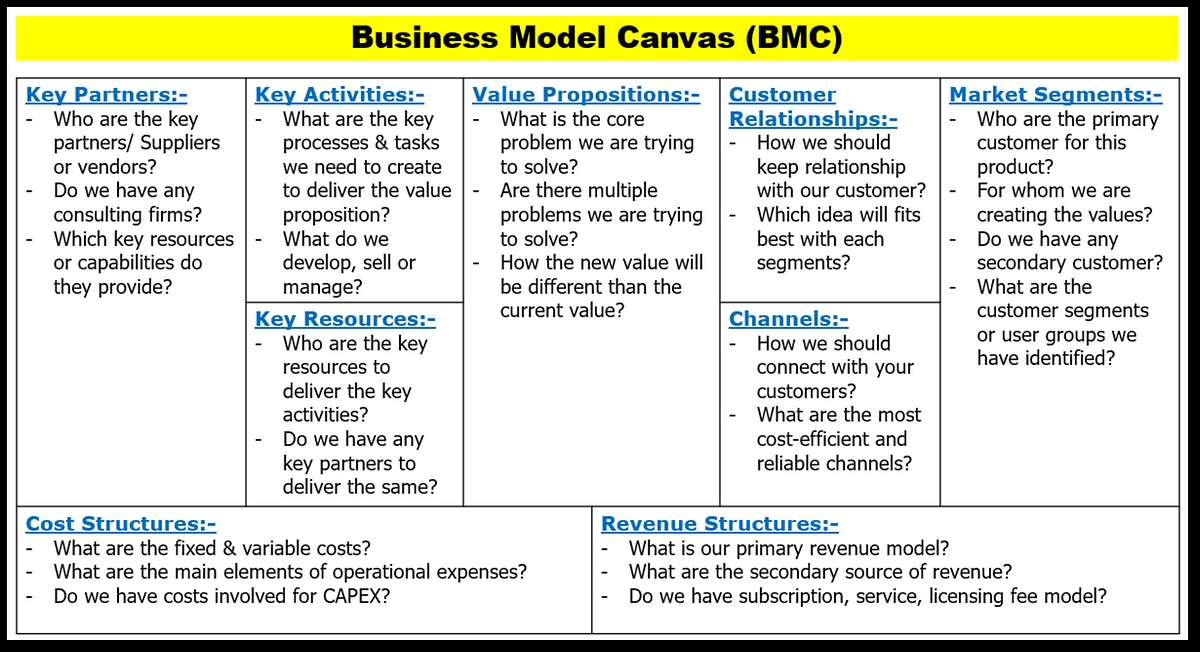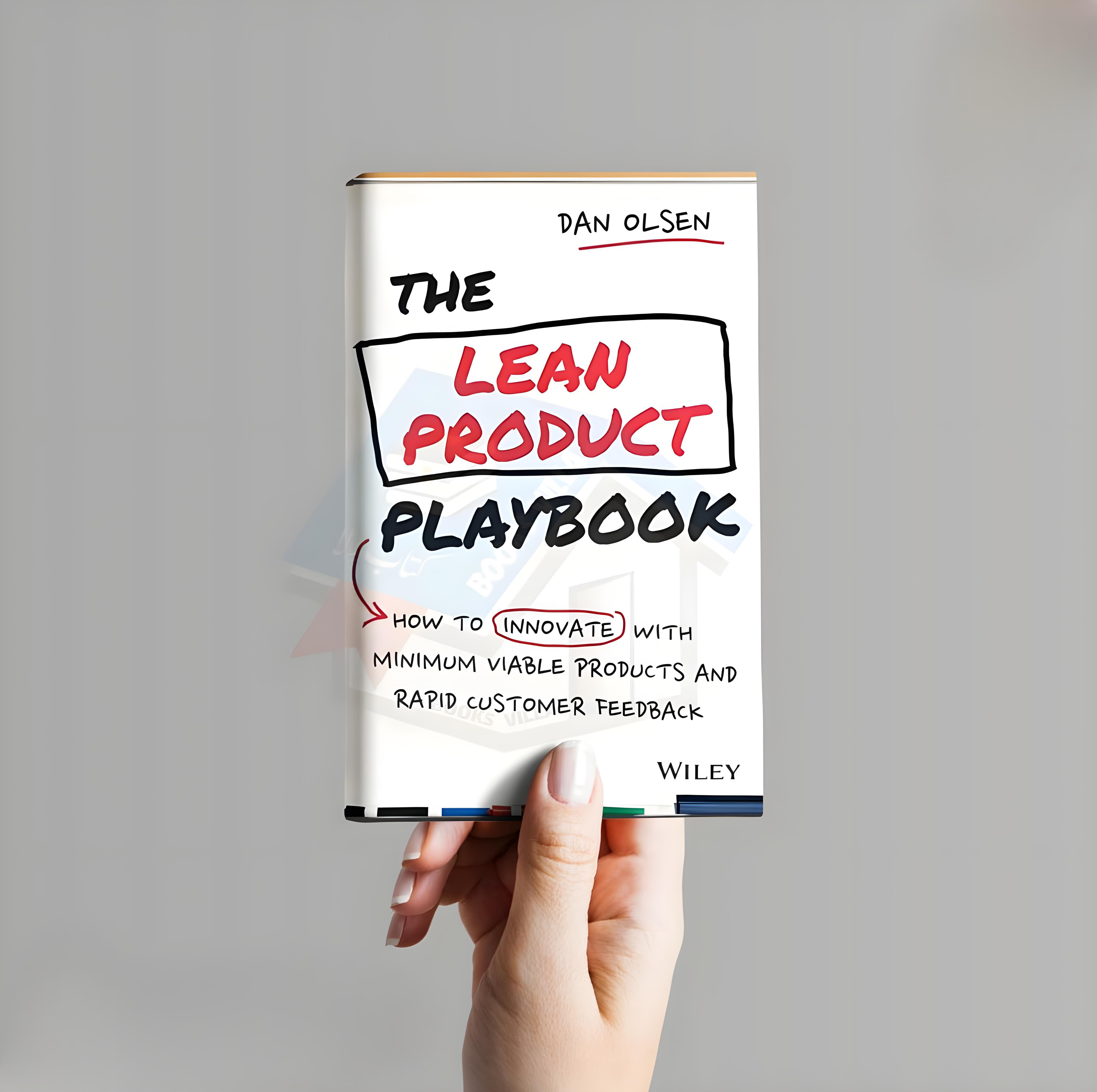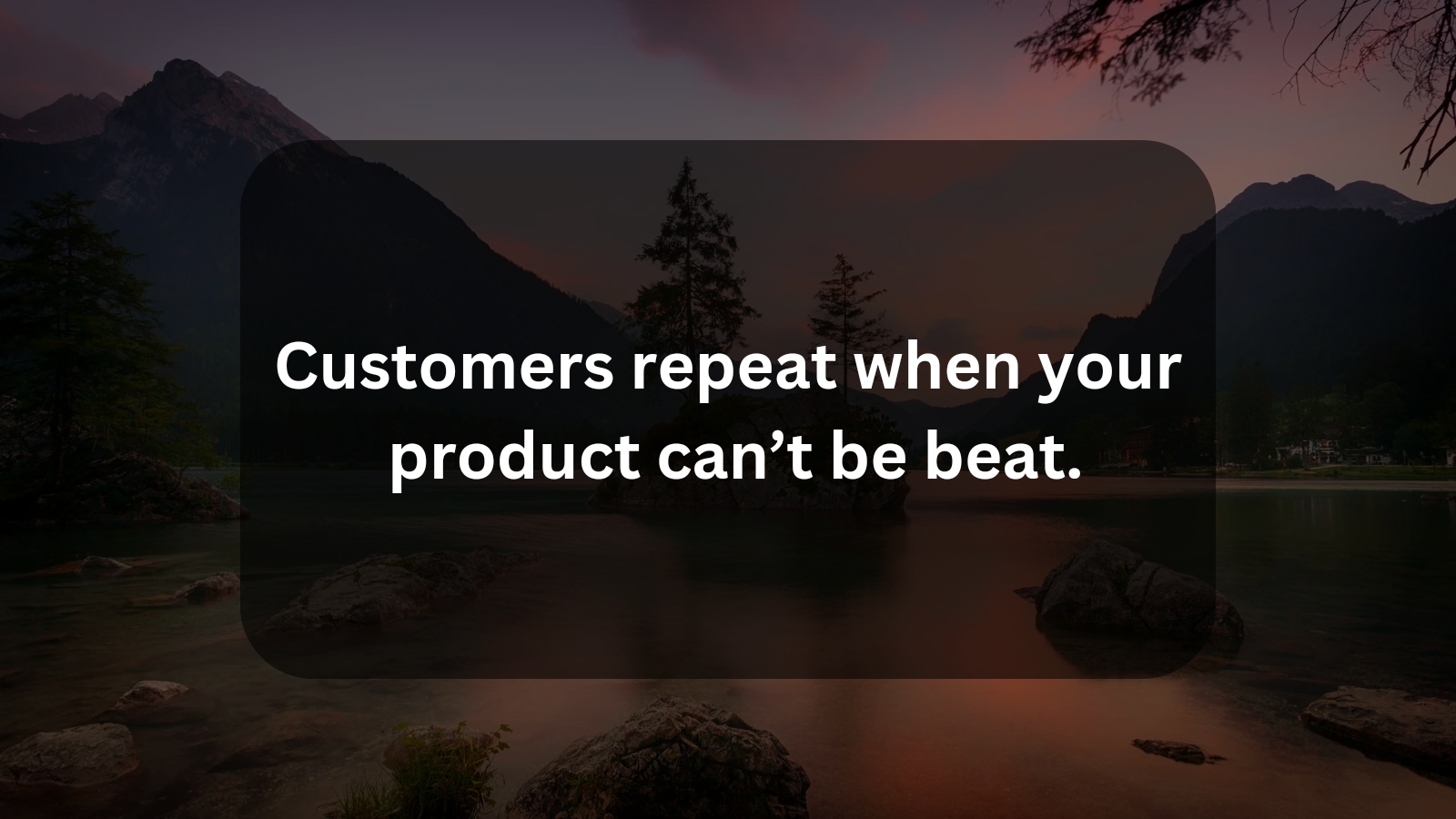Back
SHIV DIXIT
CHAIRMAN - BITEX IND... • 1y
📖 DAILY BOOK SUMMARIES 📖 🚀 15 Lessons from 👉 🔥 The startup Owner's Manual 🔥 By Steve Blank and Bob Dorf 💯 1. Customer Development Model • Discovery: Identify the problem your product will solve. Engage potential customers early to validate that the problem is real • Validation: Test your solution with real customers. The goal is to prove that customers are willing to pay for your product • Creation: Build a minimum viable product and secure initial customers. Scale slowly by learning from feedback • Building: Once validated, focus on growing and scaling the business, refining processes and product features based on customer needs 2. Business Model Canvas • Customer Segments: Define who your customers are • Value Propositions: Clarify what unique value your product offers • Channels: Identify how you will deliver value to customers • Customer Relationships: Define how you will interact with your customers • Revenue Streams: Outline how you’ll generate income • Key Resources: Identify what resources are necessary to build and scale • Key Partners: Establish partnerships to leverage resources or market reach • Key Activities: Define the essential actions required to deliver your value proposition • Cost Structure: Understand where your money is spent 3. Lean Startup Methodology • Encourages rapid testing and iterations. • Build an MVP, launch it, and learn from customer feedback to refine the product. • Avoid spending time and money on fully developing an untested idea. 4. Customer Discovery Interviews • Conduct customer interviews to understand their pain points and needs • Continuously validate assumptions by directly engaging with users 5. Pivoting • If customer feedback reveals flaws in your product or business model, pivot—change direction while keeping your vision intact • Fail fast and adapt quickly by learning from mistakes 6. Metrics and Experiment • Establish measurable goals to track progress • Conduct small, scalable experiments to test different aspects of the product or model, and use the results to guide decisions 7. Sales Funnel • Define your sales process from first contact with a potential customer to closing the sale. • Understand your customer’s buying journey and tailor your messaging and efforts accordingly. 8. Continuous Learning and Iteration • The startup journey is never static. Constantly iterate based on real-world data and adapt as needed. 9. Building a Team • Assemble a team that shares the company’s vision, and who are capable of adapting to the fast-paced and changing nature of startups 10. Scaling • Only scale the business once you've confirmed product-market fit • Focus on optimizing processes, building infrastructure, and expanding customer acquisition channels when ready 🔗 Check comment section and read other 8 points also download book and read whole book 🔗

Replies (3)
More like this
Recommendations from Medial
Vivek Joshi
Director & CEO @ Exc... • 5m
Early-stage startups need engineered business models for hypergrowth, not just great ideas. A "boosted" model ensures rapid validation, capital efficiency, scalability, competitive edge, & attracts investment. The "Accelerated Performance Framework"
See More
Anurag Patel
Calm mind. Precise h... • 15d
The startup owner's manual (Part 6) - Testing Customer Problems You have to get out of the building to discover: How well you understand the customers’ problem, how important the problem is to the customers, and exactly how many customers are talki
See MoreRajan Paswan
Building for idea gu... • 1y
Have you ever had a fantastic idea for a product or service, but weren't sure how to turn it into a reality? This is where the Business Model Canvas comes in. Imagine the Business Model Canvas as a one-page blueprint for your business idea. It's d
See More
Somraj
CEO & Founder at Con... • 1y
Startup Blueprint - Day 01 Choosing a right business model: 1.Who will be your customer base ? 2. What's the Domain of your business ? 3. How your business stands out from the competitors ? (Standing out from your competitors will increase your c
See MoreDownload the medial app to read full posts, comements and news.

































